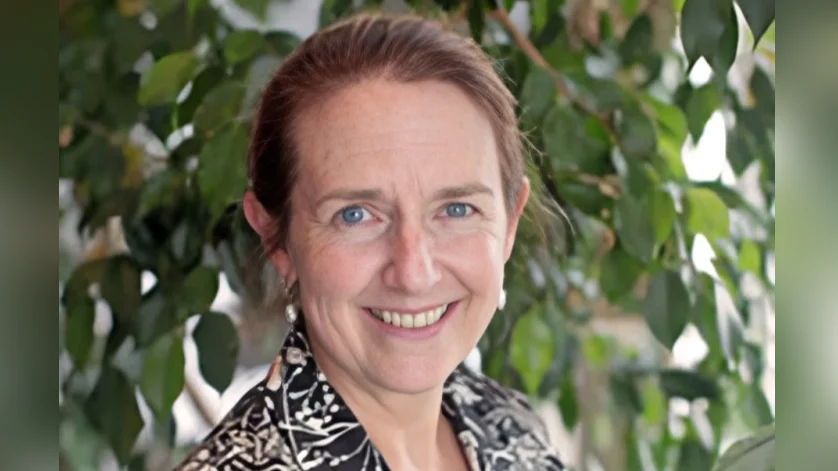
Many are examining the potential impact of the One Big Beautiful Bill Act, signed by President Trump on July 4, known as HR1. Provisions affecting New Jersey's Medicaid population were discussed at the NJ Medicaid Assistance Advisory Council meeting on July 17. Materials from this and other meetings can be found on the MAAC website.
The adjustments needed for NJ FamilyCare or state benefits remain unclear as new requirements are implemented, with some changes taking effect immediately and others over several years. The statement from NJ Department of Human Services Commissioner Sarah Adelman provides insight into these changes.
HR1 aims to save $800 billion in federal Medicaid spending over ten years by imposing additional enrollment requirements. This could lead to a reduction in health coverage recipients through state public health insurance programs like NJ FamilyCare, decreasing federal payments to states for public health insurance programs and other services.
New Jersey's public health insurance program, funded with state and federal Medicaid and CHIP dollars, currently serves nearly 20% of residents. Over 860,000 children access healthcare through NJ FamilyCare, and almost 550,000 working-age adults are enrolled via Medicaid expansion under the Affordable Care Act. The new federal requirements focus on this expansion population.
Federal matching payments for qualified medical services are based on the Federal Medical Assistance Percentage (FMAP), which varies by state according to average per capita income relative to the national average. New Jersey benefits from a minimum federal match level set at 50%. Different categories have varying FMAP levels: CHIP receives a 65% match, while the Medicaid expansion population gets a 90% match. According to the New Jersey Department of Human Services, "the federal government assumes ~60 percent ('blended share') of the cost of NJ FamilyCare."
The law requires states to condition eligibility for individuals aged 19-64 in the Medicaid expansion population on working or participating in qualifying activities for at least 80 hours per month. Certain adults are exempt from this requirement. If denied or disenrolled from NJ FamilyCare due to unmet work requirements, individuals become ineligible for subsidized Marketplace coverage.
NJ FamilyCare renewal determinations scheduled after December 31, 2026, must occur every six months for most adults enrolled through Medicaid expansion. This change increases workload for those handling eligibility determinations. States showing compliance efforts may have until December 31, 2028, to fully implement these changes.
The New Jersey Department of Human Services estimates up to 300,000 eligible residents may lose or fail to obtain coverage due to bureaucratic barriers stemming from documentation difficulties; up to 50,000 adults could lose coverage because they cannot meet work requirement documentation needs. This may result in $400 million lost federal funding.
States must impose out-of-pocket costs such as premiums and copayments starting October 2028 on enrollees with family incomes between 100%-138% FPL—up to $35 per service—with exemptions including prenatal care and emergency care among others; cost-sharing is capped at five percent household income.
Undocumented immigrants remain ineligible under current law; however some states use funds providing child coverage regardless immigration status if income meets eligibility requirements—a proposal reducing their federal match was ruled unenforceable during budget reconciliation process but lawful residents only qualify adult population starting October first twenty twenty-six impacting fifteen thousand twenty-five thousand losing coverage statewide thereafter,
Provider taxes assessed up six percent revenue eligible receiving matches reinvested healthcare system generate approximately eight hundred seventy-five million fiscal year twenty-twenty-six begin gradual reduction three-point-five fiscal year thirty-two resulting four hundred million loss fourteen counties utilize securing additional funding hospitals estimated cumulative loss eight hundred million thirty-two end period
Emergency limited inpatient hospital settings non-qualifying statuses reduce ninety fifty base rate October first twenty-twenty-six losing four hundred forty-six annually anticipated impact devastating effect hospitals throughout along school-based behavioral services Children’s System Care
ACNJ collaborates organizations serving educate members about new ensure compliance implementing contact Mary Coogan mcoogan@acnj.org further details available upon request